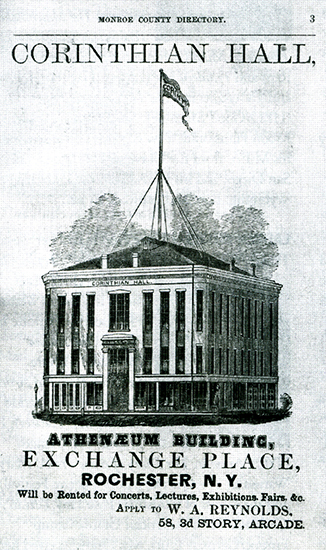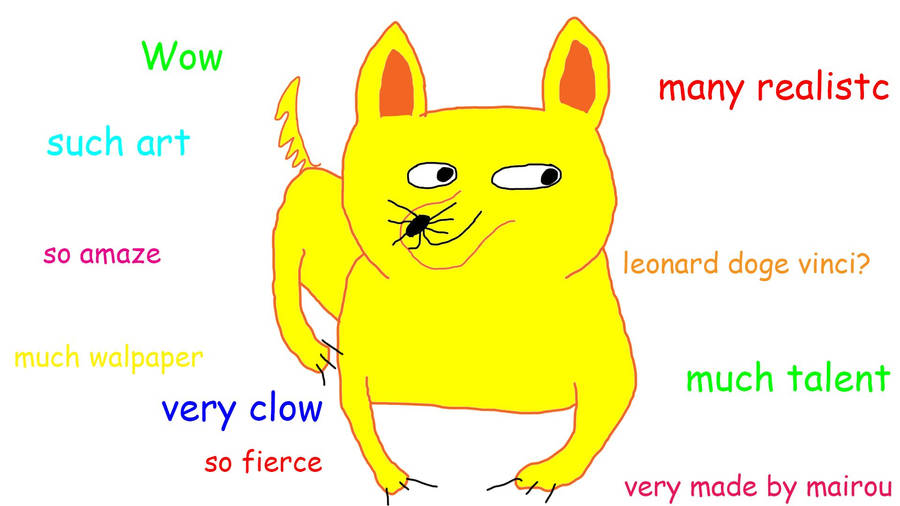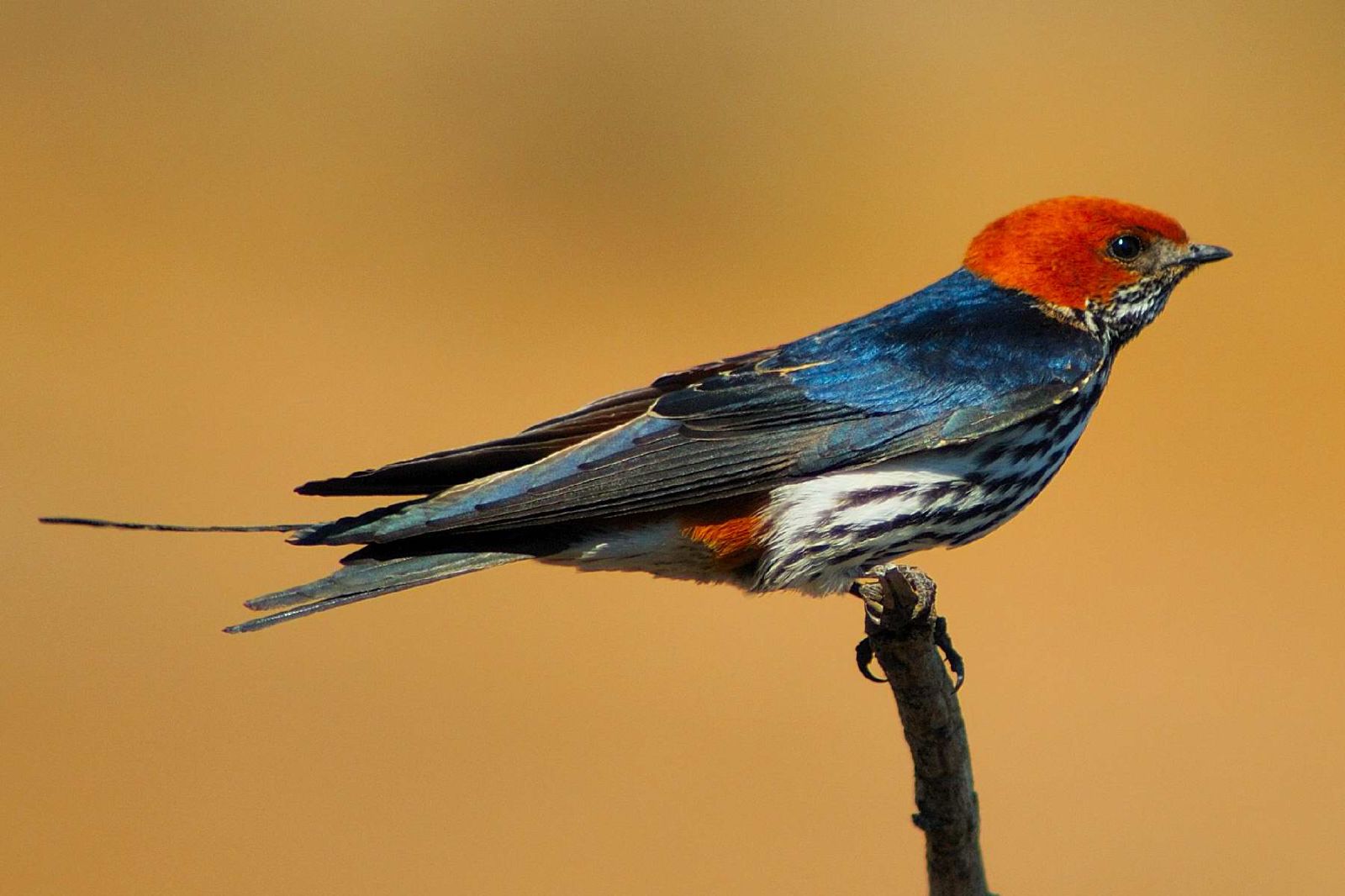homely
According to the Emily Dickinson Archive Lexicon, the definition of agony as used by Dickinson could be defined as: Humble; simple; common; modest; ordinary; everyday.
(Emily Dickinson Archive. Web. 25 Apr. 2017)
homely
According to the Emily Dickinson Archive Lexicon, the definition of agony as used by Dickinson could be defined as: Humble; simple; common; modest; ordinary; everyday.
(Emily Dickinson Archive. Web. 25 Apr. 2017)
Anguish
According to the Emily Dickinson Archive Lexicon, the definition of anguish as used by Dickinson could be of the following:
3. Grief; tribulation; distress; extreme suffering of body or mind; keen distress from sorrow, remorse, despair, or similar emotion.
(Emily Dickinson Archive. Web. 25 Apr. 2017)
feign
According to the Emily Dickinson Archive Lexicon, the definition of feign as used by Dickinson could be of the following:
Imitate; counterfeit; fake; deceive; contrive; falsely represent; (see 2 Samuel 14:2).
(Emily Dickinson Archive. Web. 25 Apr. 2017)
glaze
According to the Emily Dickinson Archive Lexicon, the definition of glaze as used by Dickinson could be of the following:
1. Become glossy; go hazy; lose focus; turn hard, cold, and sightless; shut down the capacity for vision; [lit.] become glassy.
(Emily Dickinson Archive. Web. 25 Apr. 2017)
Throe
According to the Emily Dickinson Archive Lexicon, the definition of throe as used by Dickinson could be of the following:
1. Deep feeling; intense emotion; profound response to an experience.
(Emily Dickinson Archive. Web. 25 Apr. 2017)
simulate
According to the Emily Dickinson Archive Lexicon, the definition of simulate as used by Dickinson could be of the following:
2. Pretend to be different from what one really is.
(Emily Dickinson Archive. Web. 25 Apr. 2017)
Convulsion
According to the Emily Dickinson Archive Lexicon, the definition of convulsion as used by Dickinson could be of the following:
2. Tumult; commotion; turmoil; upheaval; [fig.] agony; anguish; writhing caused by torture.
(Emily Dickinson Archive. Web. 25 Apr. 2017)
sham
According to the Emily Dickinson Archive Lexicon, the definition of sham as used by Dickinson could be of the following:
2. Fraud; fake; imposter; deceiver; pretender.
(Emily Dickinson Archive. Web. 25 Apr. 2017)
Agony ,
According to the Emily Dickinson Archive Lexicon, the definition of agony as used by Dickinson could be of the following:
1. Intense sorrow; severe suffering; deep trouble; prolonged grief; mental anguish.
(Emily Dickinson Archive. Web. 25 Apr. 2017)
Death
According to another scholarly author, Marcus Mordecai, Dickinson's preoccupation with death was not only true, but understandable. Her place in time often lead to young deaths, and in turn led to a psychologically pressing subject.
(Marcus, Mordecai. Emily Dickinson: Selected Poems: Notes. Lincoln (Nebraska): Cliffs Notes, 1996. EBSCOhost. EBSCO Industries, Inc. Web. 25 Apr. 2017.)
Death Comes
According to V. Vasanthi, Dickinson had an on-going preoccupation with death. The conclusion was that it was based on three powerful aspects in her life (religion, love, and nature). The author also notes her lack of horror associated within her poetry which make note of themes of death.
(Vasanthi, V. "A Biographical Study of Emily Dickinson's Preoccupation with Death." Language in India 12.5 (2012): 712-17. GaleGroup. Web. 25 Apr. 2017.)
I like a look of Agony , I like a look of agony , I like a look of agony , I like a look of Agony , 2: Because I know it's true —
According to the Zahra Ahmadi and Zohreh Tayari, Dickinson's death motifs can be seen in numerous ways. In this poem in particular, Dickinson's speaker seems to be accepting and natural - she seems to like it. This is likely due to the connections seen in later lines, where the speaker hints atthe idea that death is the only truth in human life.
(Ahmadi, Zahra, and Zohreh Tayari. "Thematic Study of Death in Emily Dickinson's Selected Poems." Language in India 14.3 (2014): 130-134. GaleGroup. Web. 25 Apr. 2017.)
If the first woman God ever made was strong enough to turn the world upside down all alone, these women together ought to be able to turn it back, and get it right side up again! And now they are asking to do it, the men better let them.
Her intentions here seem to be in reference to Eve. Eve may been seen as "having turned the world upside down" because she sinned and hanged the world and humanity forever. If she, as one woman, can change that much of the world, then imagine what a group of women could do? It's a powerful idea.
But man is in a tight place, the poor slave is on him, woman is coming on him, and he is surely between a hawk and a buzzard.
A similar notion as the idea of being "stuck between a rock and a hard place." There is no escape. There appears to be no answer. A hawk and a huzzard both represent two devestating outcomes - probably pain, hardship, or death (considering they are quite territorial, hostile, and overall dangeous birds). 
if woman have a pint and man a quart—why can’t she have her little pint full?
She's speaking in abstrations here - her purpose seems to be that if men will always have more, then why can't what women have at least be fulfilling. I believe her comparison here was meant to make a bold statement, but hide it behind less intimidating words.
And aren’t I a woman?
Another rhetorical question, used to aid in her persuasion. It's interesting how she's using questions throughout the piece, giving her place as an orator much more intense. Hearing a speaker ask a question makes the spectator feel more obliged to listen, but also to think - I think that was her manipulative touch,
But what’s all this here talking about?
I think that her intention here is using this question to be rhetorical. She doesn't truly expect an answer, but rather expects the reader to actually analyze the place of a woman. Her place is no less than a man, and yet she finds her place below the man in most cases.
"I am too high-born to be propertied, To be a secondary at control, Or useful serving-man and instrument To any sovereign state throughout the world."
This seems to be a reference to Shakespeare's King John. I think the purpose within Thoreau's piece is to show resistance against superiority. The words chosen to quote demonstrate a man's refusal to cooperate, because he feels as though he has no moral obligation to be used like an instrument. This theme overrides the entire piece of Civil Disobedience.
"That government is best which governs least"
These lines could potentially be a link to Thoreau's trancendentalist ideals. Another potential link could to to his friend and fellow writer Ralph Waldo Emmerson's essay on politics, published in 1844, four years prior to Thoreau's Civil Disobedience piece.
euphonious
According to Google, the term "euphonious" can be defined as "pleasing to hear." I think that hhe is making a connection between the negative light shed on Tories in the past, and linking it with the views of some of the traditional politicians.
slave plantation, from which I escaped
These lines are making note of Douglass' history in slavery. He was born into slavery, as can be learned from his memoir Narrative of the Life of Frederick Douglass. This point makes his place as an abolitionist orator even more impacting in my opinion.
Corinthian Hall
Located in Rochester, New York, the Corinthian Hall was the physical embodiment of abolition. The beautifully decorated building, owned by William Reynolds, held some of the most powerful speeches during it's time. As an orator, Douglass would likely have been acquainted with or at the very least know of the building prior to having spoken here during this speech. 
PSYCHE.
According to the Literature Network, "Psyche is supposed to symbolize the human soul made immortal through love."
("Ode to Psyche." The Literature Network. Jalic Inc. Web. 08 Dec. 2016.)
I wander'd in a forest thoughtlessly,
According to James Bunn, Keat's "flip" of subject and animating power, he created a an intriguing and purposeful introduction to his Great Odes. Ode To Psyche, however, gets much less credit than it deserves.
In this poem, "there is no animating power" and "his subject is the animating power itself."
(Bunn, James H. "Keats's Ode to Psyche and the Transformation of Mental Landscape." ELH 37.4 (1970): 581-94. JSTOR. JSTOR. Web. 8 Nov. 2016.)
PSYCHE
According to Leon Waldroff, Keats likely was able to sympathize with the mortality of Psyche. He was constantly reminded of his mortality (less than five months prior to writing this poem - his brother passed away). It becomes clear that he envies her given immortality. Could he potentially be envious of her love? Is that was immortalized her? It seems to fit the poem.
(Waldoff, Leon. "The Theme of Mutability in the "Ode to Psyche"" PMLA 92.3 (1977): 410-19. JSTOR. JSTOR, May 1977. Web. 8 Dec. 2016.)
A bright torch, and a casement ope at night, To let the warm Love in!
According to the International Journal of Scientific and Research publications, "John Keats and his neighbor Fanny Brawne fell deeply in love and got engaged in 1819." This poem was also written at the end of April 1819. Potentially a reason as to why there is use of Cupid and Psyche's love.
(Kumar, Sanjai, and Suman Singh. "A Few Lines on the Odes of John Keats." International Journal of Scientific and Research Publications 2.10 (2012): 1-3. International Journal of Scientific and Research Publications. ISRP Inc., Oct. 2012. Web. 12 Dec. 2016.)
A bright torch, and a casement ope at night, To let the warm Love in!
He says he will leave the window open for her at night so that Cupid ("Love") can accompany her.
And in the midst of this wide quietness A rosy sanctuary will I dress With the wreath'd trellis of a working brain,60 With buds, and bells, and stars without a name,
Here Keat's seems to be describing the place in his mind for Psyche, created by his internationalizations of her and her value.
Yes, I will be thy priest, and build a fane50 In some untrodden region of my mind,
Here I think he makes a statement about giving her a Temple, which she deserves, in the comfort of his own mind. I think this is because he believes this is where the most can be done. Change starts from within?
I see, and sing, by my own eyes inspired. So let me be thy choir, and make a moan Upon the midnight hours; [120]Thy voice, thy lute, thy pipe, thy incense sweet From swinged censer teeming; Thy shrine, thy grove, thy oracle,
Within these lines I think Keat's wants to show his respect to Psyche and give her a voice, an eye, and a vessel to live vicariously through.
though temple thou hast none, Nor altar heap'd with flowers;
Here Keat's notices that Psyche has no place of worship - no temples, churches, or sanctuaries.
The winged boy I knew; But who wast thou, O happy, happy dove? His Psyche true!
I think in this scene Keats comes to the realization that up until this moment he didn't know who Cupid loved - and they realizes it is Psyche.
casement
Window
feign
Meaning create, invent.
Dryads
A tree nymph, or tree spirit, in Greek mythology.  They are described as sitting on a mossy embankment.
They are described as sitting on a mossy embankment.
zephyrs
A soft breeze
fane
Temple/church
lyre
A string instrument known for its use in Greek classical antiquity and later periods.
lucent
Meaning illuminated
Vesper
Meaning: Venus as the evening star.
amorous glow-worm of the sky;
Venus is the Goddess of Love, which associates with "amorous."
censer
Defined as "a container in which incense is burned, typically during a religious ceremony."
Phœbe's sapphire-region'd star,
Pheobe is the Goddess of the Moon. Her star could be the Moon that we see today.
Olympus
A Mountain in Greece 
winged boy
Reference to Cupid
aurorean
Aurora was the Roman Goddess of Dawn. Aurorean could mean like the dawn, so, a dawning love.
pinions
Meaning wings
bedded grass
I imagine the grass laying in such a way that it would be suitable for comfort and sleeping, making it a BEDded grass.
Tyrian
Meaning Purple 
espied
Definition: seen
soft-conched
A soft shell?
tuneless numbers
I think what Keat's may be referring to here are lines within the text of poetry. He may feel that the lines aren't worthy of the greatness of Psyche, dude to the fact that he uses the term "tuneless" to describe them - they are lacking melody because the poet feels uninspired.
O Goddess!
According to Greek Mythology, Psyche was the goddess of the soul and the wife of Eros, (Roman Cupid) god of love" She is said to have once been a mortal princess whose extraordinary beauty earned the ire of Aphrodite (Roman Venus) when men began turning their worship away from the goddess towards the girl.
John Keats, “Ode to Psyche”
This one intrigues me.  EDIT: PS I was originally going to do Byron but, alas, here I am.
EDIT: PS I was originally going to do Byron but, alas, here I am.
Instead of jutting crag, I found 198 A woman seated on the ground.
A "crag" can be described as a jagged or rugged cliff. This could potentially be hinting at the rugged exterior society seems to see Martha Ray having, or even the lack of reason and completely rugged accusations that society seems to be making. 
That’s like an infant’s grave in size 62And that same pond of which I spoke, 63 A woman in a scarlet cloak, 64And to herself she cries, 65“Oh misery! oh misery! 66Oh woe is me! oh misery!”
These lines seem quite obvious in their purpose: it's trying to show that without a doubt, the woman in the scarlet cloak had a baby, killed it, and buried it here. More importantly than that however, is the idea that Wordsworth is likely trying to show hints of how gossip works and travels - that idea encompasses this poem.
There is a thorn; it looks so old, 2In truth you’d find it hard to say, 3How it could ever have been young, 4It looks so old and grey.
These lines seem to hint at possibly being symbolic of Martha Ray, the main female character in the poem. She's much more like an aspect of setting that she is a character in all honesty. She holds eerie presence and is misunderstood by society, much like the thorn.
At all times of the day and night 68This wretched woman thither goes,
This is making note of the fact that the woman in the poem can be found at the top of this hill regardless of time. In the day or in the night, she was there.
Traverse my indolent and passive brain
According to The Oxford English Dictionary, "indolent" can be defined as "causing no pain." The author is suggesting to traverse, or pass though, his painless and accepting brain. He might be hinting at opening one's mind to new ideas and "phantasies," as noted in the line prior.
And tranquil muse upon tranquillity;
According to The Oxford English Dictionary, a "muse" can be defined as "a spell of thoughtfulness or reflection." The point the author is trying to make here is likely the calm thoughtfulness on the calmness itself he is observing. He uses "tranquil" and "tranquility" very close to one another, likely for emphasis.
7The Swallow
According to The Oxford English Dictionary the swallow is "a well-known migratory bird with long pointed wings and forked tail, having a swift curving flight and a twittering cry, building mud-nests on buildings, etc., and popularly regarded as a harbinger of summer." I think the Swallow is being used to represent Summer, or the coming of Summer.

The hawthorn soon will bear the wreath, 5The silver wreath of May.
 According to The Oxford English dictionary, a hawthorn can be described as "a thorny shrub or small tree, extensively used for forming hedges; the White-thorn. It bears white, and, in some varieties, red or pink blossom (called ‘may’); its fruit, the haw, is a small round dark red berry." I think that the point that the author is making is that the "wreath" aka the fruits, are symbolizing the shift into May.
According to The Oxford English dictionary, a hawthorn can be described as "a thorny shrub or small tree, extensively used for forming hedges; the White-thorn. It bears white, and, in some varieties, red or pink blossom (called ‘may’); its fruit, the haw, is a small round dark red berry." I think that the point that the author is making is that the "wreath" aka the fruits, are symbolizing the shift into May.
citadels
According to the Oxford English Dictionary, the word citadel can be defined as follows: "A stronghold or fortified area within a city or town, typically occupying a dominating position, and serving to protect or guard it, and often (esp. formerly) as the place from which it is governed."